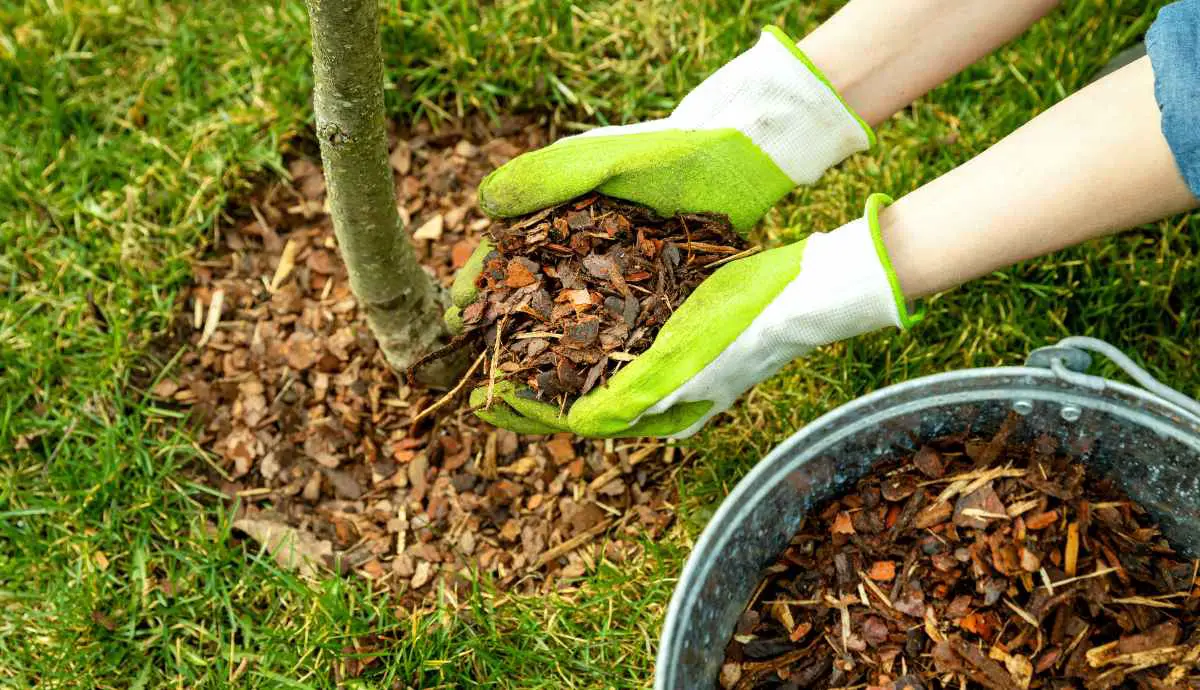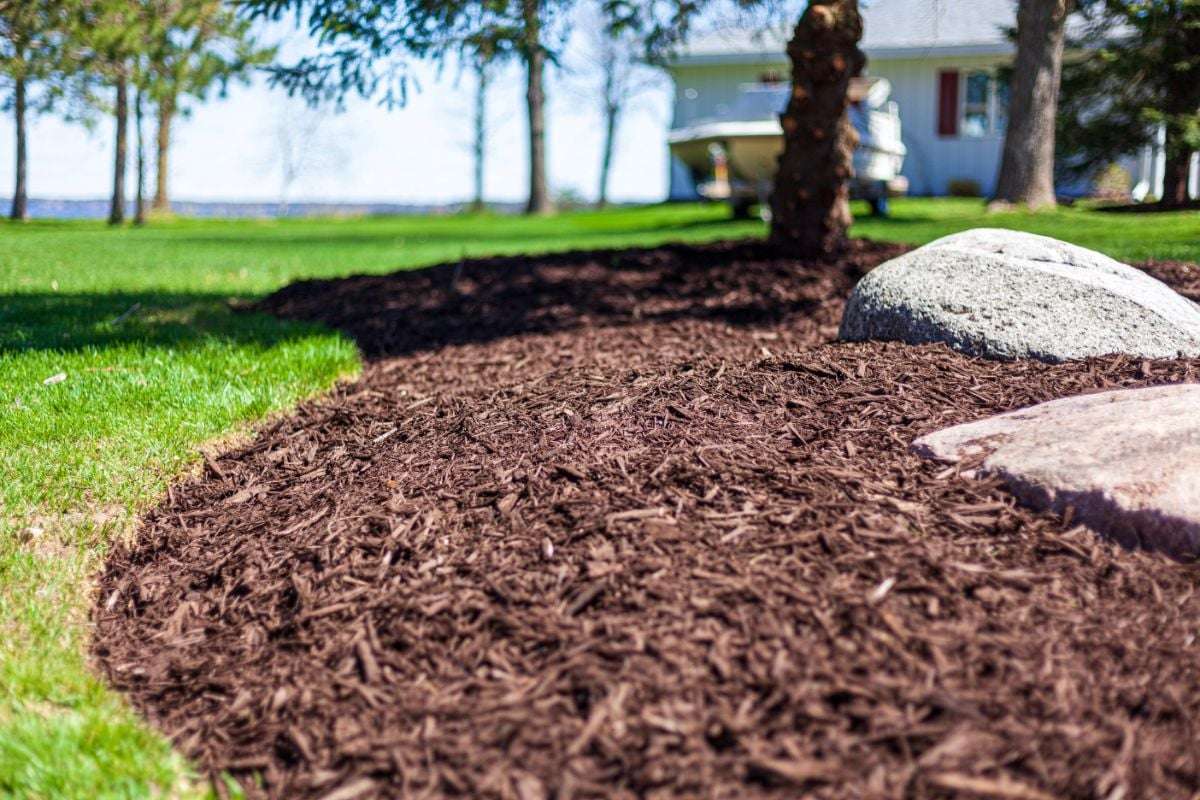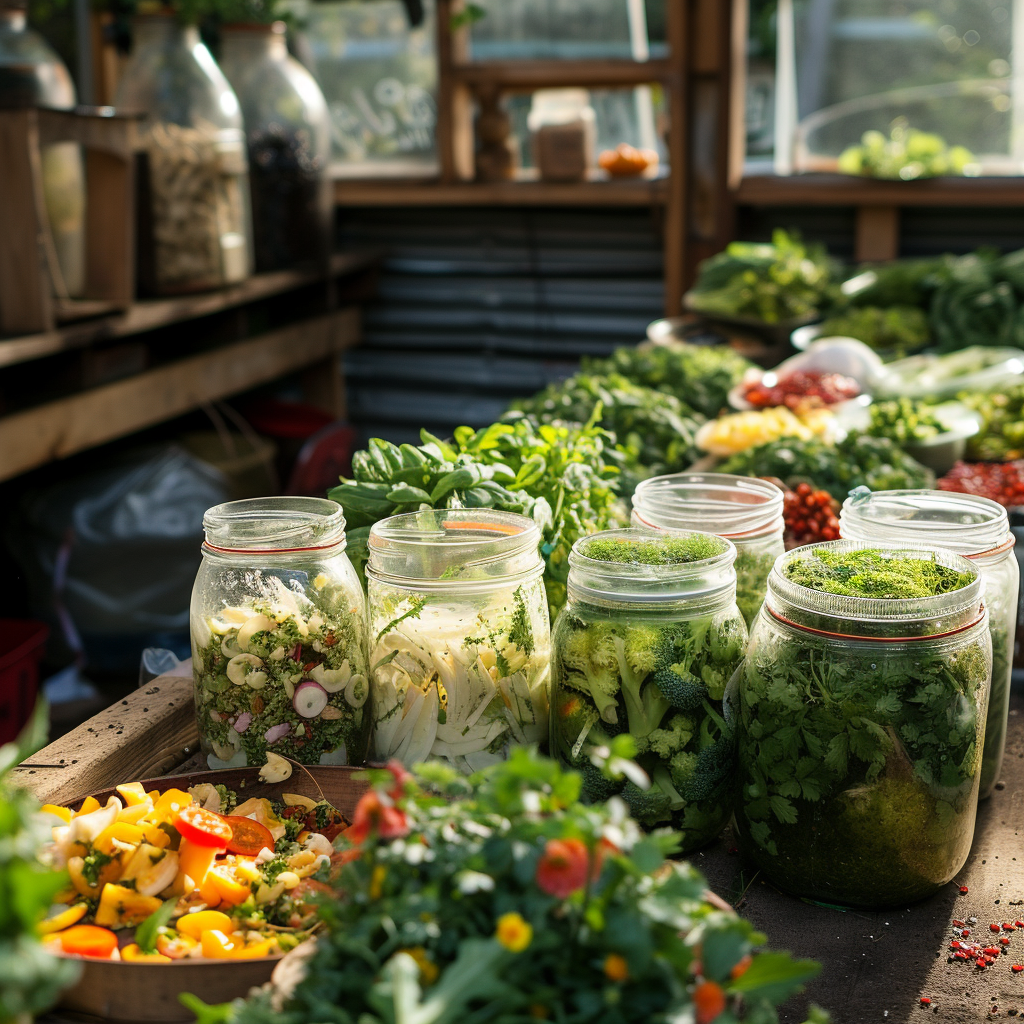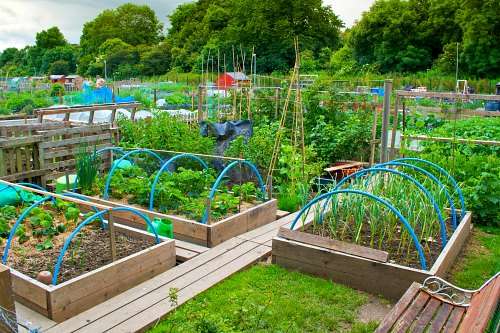Mulch is an essential component for maintaining a healthy and vibrant garden, but have you ever wondered how long it actually lasts? Well, the lifespan of mulch depends on a variety of factors. For instance, organic mulches like wood chips, straw, or bark gradually decompose over one to four years, enriching the soil with organic matter. On the other hand, inorganic mulches like rock or rubber can last for several years without decomposing. To ensure the longevity of your mulch, proper maintenance is crucial. This includes regularly inspecting and fluffing the mulch layer, as well as avoiding piling it against plant stems. While mulch doesn’t necessarily go bad, organic types can lose their effectiveness over time and may need to be replaced. So, let’s take a closer look at the factors that affect the lifespan of mulch and the importance of refreshing it annually to maintain its benefits.
Factors That Affect the Lifespan of Mulch
When it comes to determining the lifespan of mulch, there are several factors that come into play. The type of mulch, climate, and maintenance practices all play a role in how long your mulch will last and how effective it will be in enhancing your garden or landscape. Understanding these factors can help you choose the right type of mulch and take the necessary steps to maintain its longevity.
Type of Mulch
The type of mulch you choose can greatly impact its lifespan. There are two main categories of mulch: organic and inorganic.
Organic Mulches
Organic mulches are derived from natural materials and gradually decompose over time, enriching the soil as they break down. Some popular organic mulches include wood chips, straw, and bark.
Wood chips are a common choice for mulching as they not only provide a decorative element to your landscape but also help retain soil moisture. These wood chips can last anywhere from one to four years, depending on various factors such as their size and the climate.
Straw, often used in vegetable gardens, breaks down relatively quickly compared to other organic mulches. Its lifespan ranges from one to two years, making it necessary to replace it more frequently.
Bark mulch is another organic option that can provide long-lasting coverage. It can last for around three to four years before needing to be replenished.
Inorganic Mulches
In contrast to organic mulches, inorganic mulches do not decompose. They offer long-lasting coverage without the need for frequent replacement. Two popular types of inorganic mulches are rock and rubber mulch.
Rock mulch is known for its durability and ability to withstand different weather conditions. It can last for several years, maintaining its appearance and functionality.
Rubber mulch is made from recycled tires and provides an eco-friendly alternative to organic mulch. It can last for a significant amount of time, usually ranging from ten to twenty years, without decomposing or losing its effectiveness.
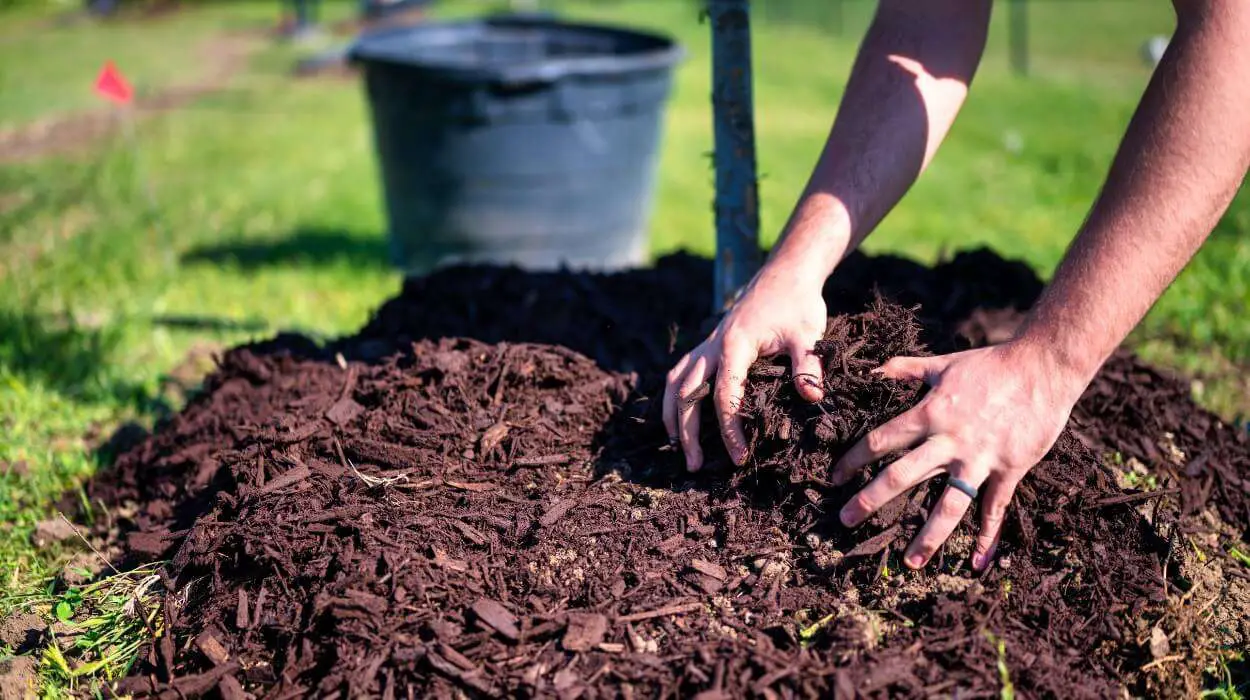
Climate
The climate in which you live can impact the lifespan of your mulch. Extreme weather conditions such as intense heat, heavy rainfall, or freezing temperatures can accelerate the decomposition of organic mulches. On the other hand, inorganic mulches are more resilient and can withstand various climate conditions without deteriorating.
If you live in a region with a harsh climate, you may need to replace organic mulch more frequently to maintain its effectiveness and aesthetic appeal. Adjusting your mulching schedule according to the local climate can help ensure that your mulch lasts as long as possible.
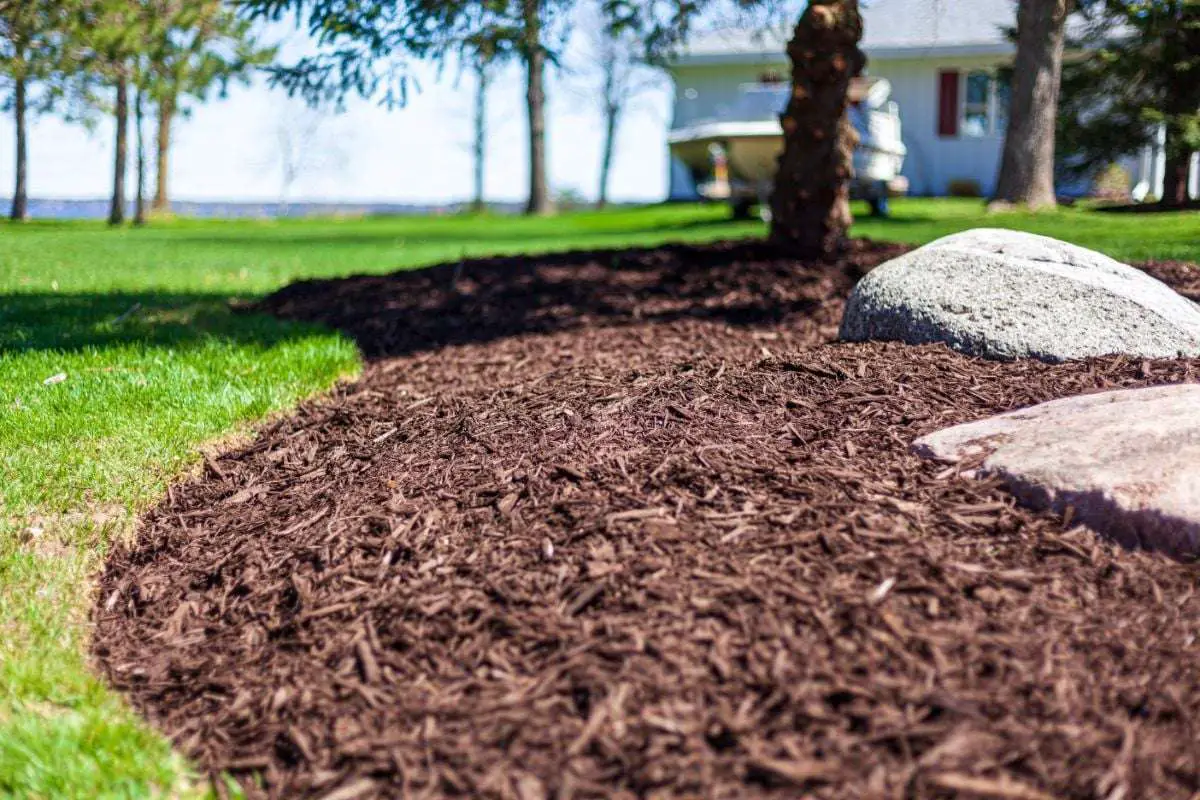
Maintenance Practices
Proper maintenance practices also play a vital role in extending the lifespan of mulch. While mulch itself does not go bad, organic mulch can lose its effectiveness over time and may need to be replaced.
To maintain the longevity of your mulch, it is essential to avoid piling mulch against the stems of your plants. This can create a moist environment that promotes the growth of diseases and pests. Regularly inspecting and fluffing the mulch layer can help ensure proper air circulation, preventing the formation of mold or mildew.
Mulch should be refreshed annually or as needed to maintain its benefits. It is not necessary to remove all of the existing mulch every year, but adding a thin top-up layer is recommended. This helps replenish the decomposition of organic mulch and provides a fresh appearance to your landscape.
Over time, the effectiveness of mulch in weed suppression and moisture retention may diminish as the mulch breaks down. By regularly monitoring and maintaining your mulch layer, you can ensure that it continues to provide the desired benefits for your plants and soil.
In conclusion, the lifespan of mulch is influenced by various factors such as the type of mulch, climate, and maintenance practices. Different types of mulch have different lifespans, ranging from a few months to several years. Organic mulches gradually decompose, adding organic matter to the soil, while inorganic mulches remain intact for longer periods of time. By understanding these factors and implementing proper maintenance practices, you can maximize the lifespan of your mulch and enjoy its benefits in your garden or landscape for years to come.
